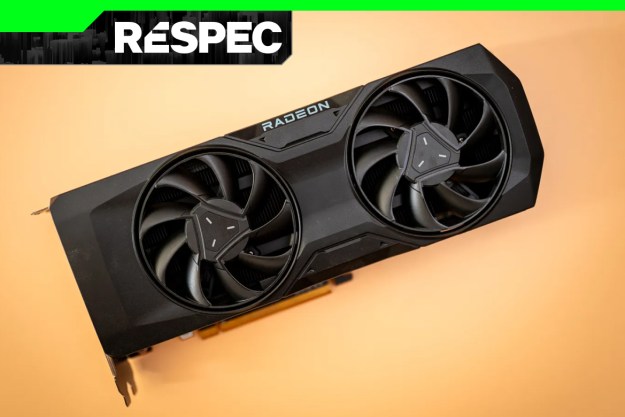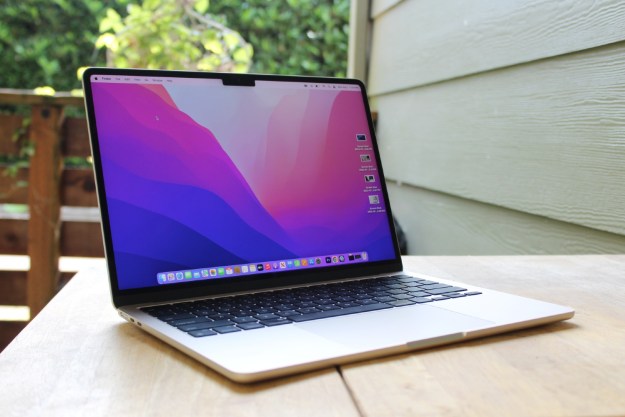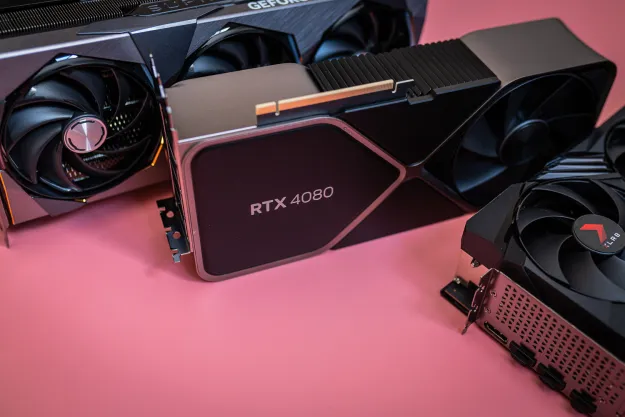A few years back I used to regularly survey large companies and ask them how satisfied they were with their key vendors. One of the most interesting companies to survey on was Microsoft which had the widest range of responses of any vendor. While most would group around a number, Microsoft’s responses would polarize at opposite ends of the scale a large number of the customers that hated them and a large number those that loved them; with almost nothing in the middle.
In looking underneath the numbers, what seemed to make the difference was whether this firm had a broad services contract or not. Those companies that had a services contract were very pleased with Microsoft and those that had others providing core services or were doing it themselves were not. Since that time (and probably partially as a result of similar results) Microsoft itself saw Microsoft’s enterprise (large company) agreements now include mandatory service components.
However, for most of us we didn’t have the equivalent of a services contract with Microsoft until just recently and this is their One Care offering.
One Care: Fixing Windows
Microsoft Live OneCare (or just OneCare) is Microsoft’s answer to the mistake they made years ago that passed the responsibility for securing Windows off to third parties. That has, in my mind, been one of the three critical mistakes Microsoft has made since they first were founded. This created an environment where the people who secured the product were motivated to showcase the product’s vulnerabilities in order to sell their wares while creating no incentive for them to actually help improve the core offering.
Had Microsoft focused on security from day one, there likely would be far less viruses, patches, and published vulnerabilities. But they didn’t and with OneCare they moved to correct this early mistake. If it weren’t for concerns about Anti-Trust they would probably have put this into Windows by now which is where I think it always should have been.
But OneCare goes beyond security into system maintenance today and provides for a way for a remote technician to take over and fully diagnose a Windows System. Going forward it is expected to become a much more constant link between the user and Microsoft both to identify problems before they occur and to more quickly correct those problems when they do.
This should eventually create much the same dynamic we saw with Microsoft services for businesses, those that have OneCare will be happier with Windows than those that do not.
Experience with OneCare
OneCare installs with a simple management console which allows you to monitor the health of every PC you have running the product. This alerts you to machines that haven’t been backed up or where someone has turned off the AV or Firewall components either by accident or on purpose. The Firewall seems much less obtrusive than most other Firewalls, though it still does initially ask if you want to allow a web connected application to connect to the web.
Of the AV (anti-virus) products I’ve recently used, OneCare appears to be the least intrusive though, in the latest comparative test I have access to, it also still lags behind most of the other offerings but it also seems to be improving at the fastest rate. However my purpose is not to suggest you try OneCare but only to suggest that the product should help Microsoft connect with an increasing number of customers and through that connection improve how they are viewed by those customers and possibly also help improve the offering over time.
A Coming Problem for Apple?
Currently Apple is kind of where Microsoft was in the late 90s seemingly convinced that anything but very basic security should be handled by someone else and, even then, isn’t particularly important. But as Apple continues to gain market share it will increasingly become a target and without something like OneCare security firms will increasing look at Apple platforms as opportunities for increased revenue and more aggressively work to find the holes in the Mac platform to prove their point.
These security firms will also more aggressively market the shortcomings of the MacOS much like they currently do with Windows and Apple could still build more advanced security technology into their product to prevent the kind of problem Microsoft currently enjoys. I’m not sure enjoy is the proper word here.
A Better Microsoft A Better Windows 7 Because of OneCare
I think that by the time Windows 7 launches we will see a significant impact resulting from Microsoft aggressively trying to take ownership for the security of their primary operating system back in the form of a better overall offering. I also think that within the next 5 years most of us will have realized that to get the best experience with Windows we’ll need to be better connected to Microsoft through a future version of OneCare.
In the end, I think this probably should have been the way it initially was and that we are watching the correction of one of Microsoft’s biggest mistakes.
Editors' Recommendations
- Microsoft finally kills this legacy Windows app — for good this time
- The most common Microsoft Teams problems and how to fix them
- Microsoft finds a sneaky way to slip more ads into Windows
- SSD not showing up in Windows? Here are some easy fixes
- This one feature could prevent motion sickness, but the Vision Pro doesn’t have it


